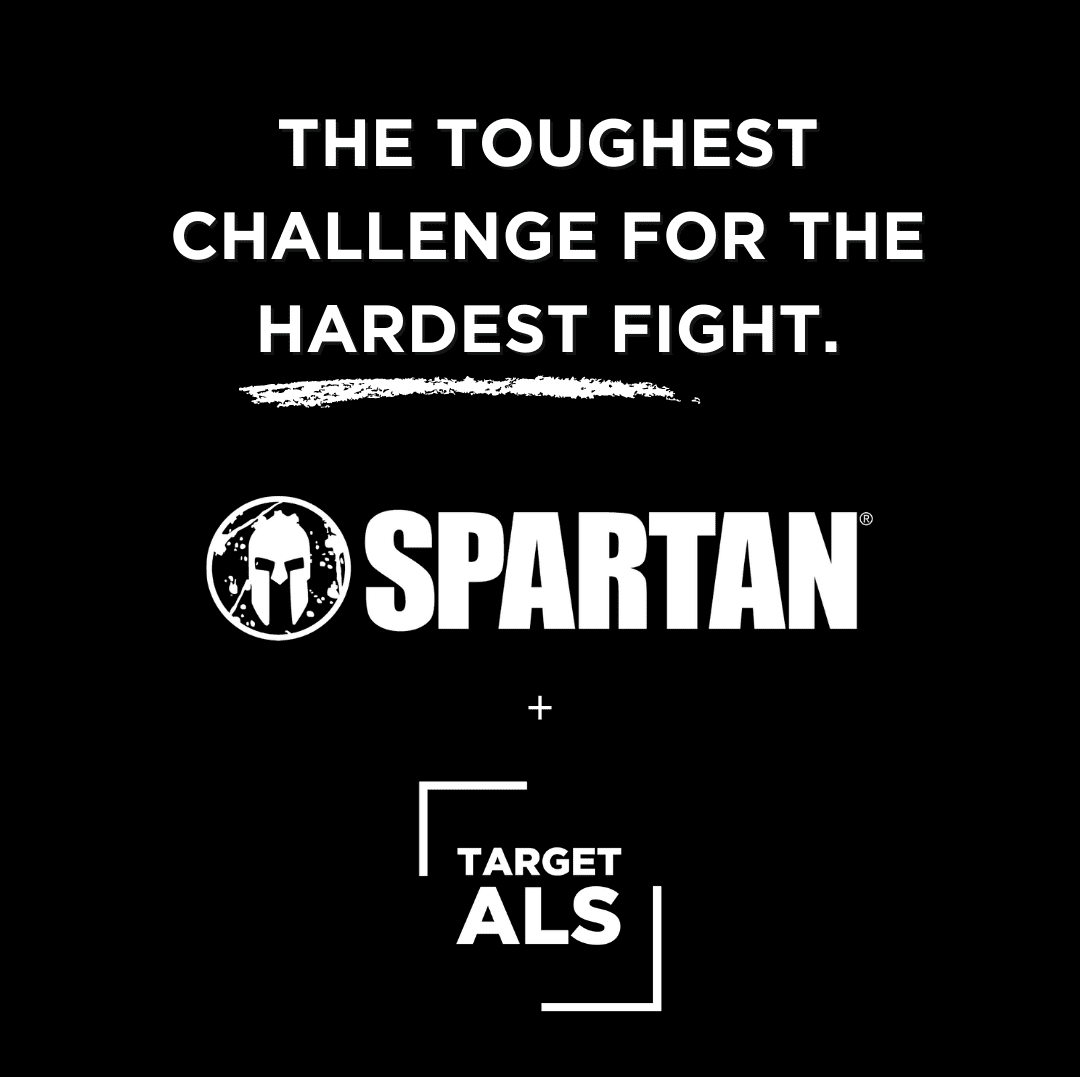Throughout the ALS research community, you’ll find brilliant scientists working tirelessly on promising breakthroughs. In our Under the Microscope series, we are shining a light on some of these scientists leading collaborative projects supported by Target ALS, in partnership with The Association for Frontotemporal Degeneration (AFTD) — work that could someday change the outlook for ALS and FTD patients worldwide.
Meet Sami Barmada, M.D., Ph.D.

Meet Sami Barmada, an Associate Professor of Neurology at The University of Michigan whose research is focused on and solutions to treat these diseases. Read on to discover more about this impactful research project!
Name: Sami Barmada, M.D., Ph.D.
Professional title: Associate Professor of Neurology, University of Michigan
Project: Poly(GR) and poly(GA) as biomarkers and therapeutic targets in C9ORF72-ALS/FTD
Please tell us about your project for which Target ALS and AFTD have provided funding.
Our project—involving a collaboration among investigators at Biogen (Mark Kankel), the University of Massachusetts (Fen-Biao Gao) and the University of Michigan—focuses on the most common genetic reason for ALS and FTD, inherited mutations in the C9ORF72 gene.
Specifically, we seek to answer two basic questions:
1. How can we better detect and follow disease in individuals with C9ORF72 mutations?
2. Can we identify approaches to block disease in C9ORF72 mutation carriers, as well as ALS/FTD patients that lack this mutation?
For question 1, we are developing tests for proteins that build up in the spinal fluid of C9ORF72 mutation carriers. For question 2, we have several candidate targets that are showing promise in our models of disease that may someday form the basis of therapies for ALS/FTD patients.
How would you explain this research to someone without a background in science or medicine?
Much of what we know about these devastating diseases, ALS and FTD, come from our study of mutations that run in families. The C9ORF72 mutation is the most common mutation responsible for both diseases, at least in Europe and the US, and so this project focuses on this mutation and how it causes disease. Working together, we’ve developed unique tests that allow us to measure proteins that build up in the brain and spinal cord in people with the C9ORF72 mutation, and we are investigating new approaches for preventing disease in the lab. Our hope is that these same advances can be translated to people with ALS/FTD.
Are you using any of the Target ALS scientific core resources or tools to advance your work? If yes, which ones and what value do they provide?
We are not currently using Target ALS scientific core resources/tools, but in the near future we may take advantage of the stem cells, tissue samples, vector core and animal models to pursue exciting candidate genetic modifiers that emerge from our studies.
Have you encountered any barriers in ALS research? How have you overcome them or what would be helpful to you in addressing them?
Two challenges we have encountered are the lack of reproducibility between and among different studies,and access to valuable resources such as iPSC lines (induced pluripotent stem cells) or specialized assays. The collaborative consortia supported by Target ALS help resolve differences among investigators and improve reproducibility. Similarly, the access to well-controlled and validated resources through Target ALS and other agencies ensures better reproducibility as well as access to reagents, resources and assays that were previously restricted.
Targeting the discovery of biomarkers has become a big focus in ALS research, including through the Target ALS Diagnosis Initiative. How might you describe a biomarker to someone who isn’t a scientist? Once biomarkers are discovered, how/why will they be important to the field?
How do we know if someone has cancer, diabetes, or an infection? Modern medicine depends on the use of biomarkers for accurately recognizing and diagnosing disease. We measure prostate specific antigens (PSAs) in blood tests for prostate cancer, perform mammograms for breast cancer, determine blood glucose for diabetes, but we have no biomarker for ALS or FTD. These biomarkers are essential not only for unambiguously identifying those with ALS and FTD, but also for making sure that the therapies we develop are effectively combating these diseases at their heart.






